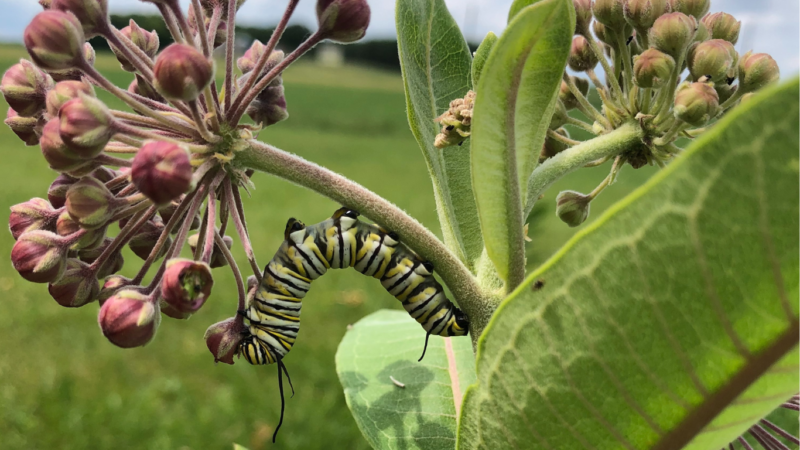
In the world of monarch conservation, staying updated with the latest research is crucial. Since 2020, the Monarch Joint Venture (MJV) has been diligently organizing annual research reviews to ensure that partner organizations, networks, and enthusiasts remain informed about the most recent findings in monarch conservation. These reviews serve as a platform for summarizing and discussing peer-reviewed research, commentaries, and technical reports related to monarch conservation efforts.
The past year has been particularly exciting for monarch research and conservation. With over 80 new publications addressing a wide array of topics, from milkweed genomes to tri-national conservation partnerships, it's evident that the field is vibrant and active. The research conducted not only contributes to on-the-ground conservation efforts but also plays a crucial role in shaping policies and setting conservation goals.
One significant development highlighted in the review is the inclusion of several research works in the US Fish and Wildlife Service’s (USFWS) 2023 revision to the monarch Species Status Assessment (SSA). This revision sets the stage for the USFWS to make a final determination on whether the monarch warrants protection under the Endangered Species Act, along with proposed rules, expected by December 4, 2024.
Spanning from January to December 2023, the research papers reviewed by MJV offer a diverse range of insights into monarch conservation. Beyond the migratory monarchs of North America, researchers explored nonmigratory populations in regions such as Puerto Rico, Costa Rica, Portugal, Hungary, and Angola. These studies shed light on various aspects of monarch behavior, population dynamics, and habitat preferences across different geographical regions.
One of the key findings highlighted in the review is the discovery of potential migratory paths for both eastern and western North American monarchs. Researchers observed an expansion of the western population across its breeding range, while in the east, two distinct migratory paths were identified in the southeastern US. Additionally, studies conducted in Ontario, Canada, revealed intriguing insights into the timing of fall migration, showing no evidence of shifting in response to climate change.
Furthermore, research on monarch resource selection and management revealed valuable information about the species' habitat preferences and interactions with their environment. For instance, studies conducted in Iowa and Nebraska provided insights into monarch nectaring preferences and grazing behaviors on milkweed species. Additionally, experiments examining the removal of fire ants from milkweed patches offered new insights into factors influencing monarch egg and larval survival rates.
Technological advancements also played a significant role in advancing monarch research. Innovations such as new tracking technologies and imaging techniques enabled researchers to better understand monarch migration patterns, feeding behaviors, and physiological processes. Collaborations with community science programs further enriched the research landscape, with data from these initiatives contributing to numerous research papers.
In conclusion, the annual research reviews organized by MJV serve as a vital platform for sharing and synthesizing the latest findings in monarch conservation. As we continue to uncover new insights and innovations, it is essential to harness this knowledge to inform conservation strategies and ensure the long-term survival of these iconic butterflies. By staying informed and actively engaging in conservation efforts, we can all play a role in protecting monarchs for future generations to enjoy.
